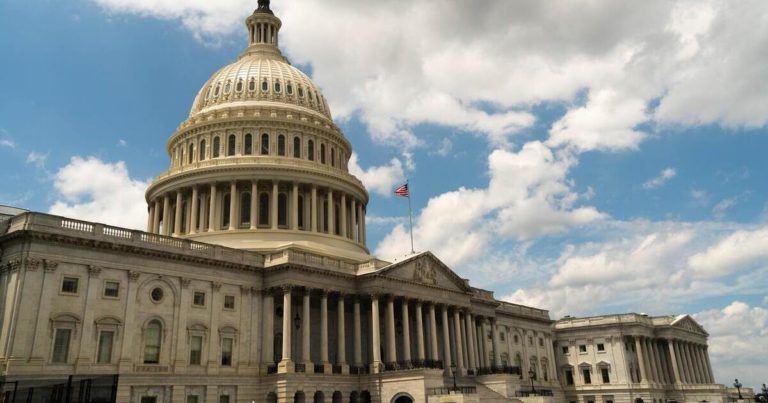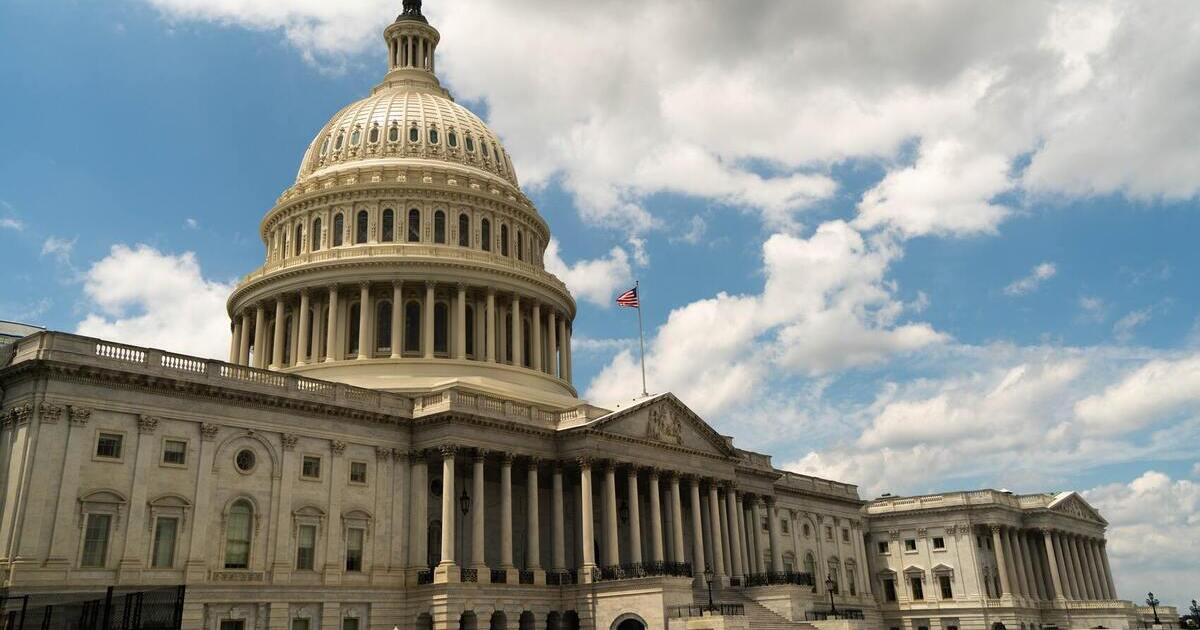Health care providers could be facing a significant reduction to Medicare payments if Congress fails to pass legislation to avert these decreases by the end of the year. These looming cuts are the result of several policies that have a combined effect of reducing Medicare payments by as much as 9%.
The first and perhaps most well-known of these policies is the 2% Medicare Sequestration reduction. Congress paused sequestration cuts in 2020 and 2021 due to the COVID-19 pandemic but began phasing them in again in 2022. Sequestration resumed with a 1% reduction during the second quarter of the year and fully resumed a 2% reduction July 1.
The second of these cuts is a 4% reduction associated with the American Rescue Plan Act (ARPA) of 2021. ARPA provided $1.9 trillion in economic relief for the COVID-19 pandemic. When passing this bill, Congress failed to include a waiver of the statutory “PAYGO” requirement to offset the cost of legislation that adds to the federal budget deficit. As a result, statutory offsets were automatically set to take effect in 2022, including a 4% Medicare reduction. While Congress ultimately passed legislation that prevented this cut from taking effect in 2022, it did so by delaying the cut until 2023. This means that Congress must pass new legislation that either fully waives PAYGO for the ARPA or pass another delay for implementation.
Lastly, Congress passed a 3% increase to the Medicare Physician Fee Schedule (PFS) conversion factor for 2022 to help offset the impacts of new evaluation and management (E/M) code values. While many specialties were set to receive a net increase in Medicare reimbursements due to these changes, other specialties were set to receive a cut. Allergy/immunology was among the specialties that CMS projected to receive a net increase (of 9%) to aggregate Medicare reimbursements. The 3% update to the 2022 PFS conversion factor (CF) applied to all specialties and followed a 3.75% increase that Congress passed in 2021. This 3% update to the PFS CF is only for 2022, meaning Congress would need to pass new legislation extending the increase in 2023.
Between the resumption of the 2% sequestration cut, the prospect of a 4% PAYGO cut and the expiration of the 3% PFS CF increase, providers are looking at a 9% reduction in Medicare payments in 2023 compared to 2022 unless Congress takes action to prevent these cuts. This is before taking into effect payment adjustments from participating Medicare value-based payment models such as the Merit-based Incentive Payment System (MIPS) and annual adjustments to the PFS conversion factor that CMS will finalize for 2023 later this year. Providers are also facing the impact of record inflation levels. Those who remember the Sustainable Growth Rate Formula (SGR) fights of years past might be experiencing déjà vu!
Congress is expected to prevent at least some of these reductions from taking effect, as it has in years past. Sequestration is unlikely to change, but Congress could avert the 4% PAYGO reduction and issue another increase to the PFS CF in 2023.
Even though Congress is not expected to address these cuts until the end of the year, the ACAAI Advocacy Council proactively lobbied Congress not to allow these cuts to take effect during the 2022 Strike Force meetings in May. The Advocacy Council will continue to advocate for legislative action to prevent these cuts as we get closer to 2023 and will provide additional updates.
The Advocacy Council – ADVOCATING FOR ALLERGISTS AND THEIR PATIENTS.




